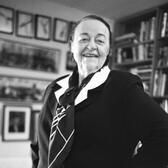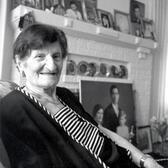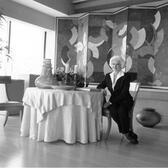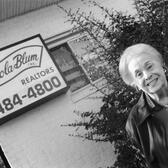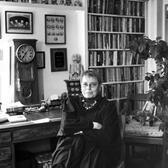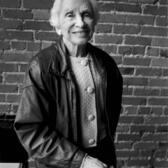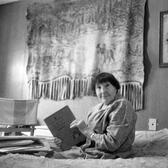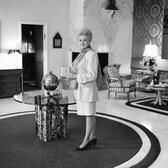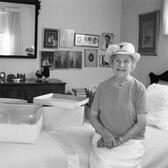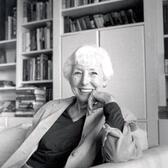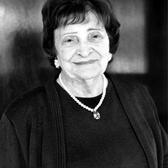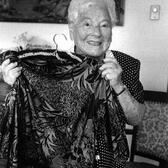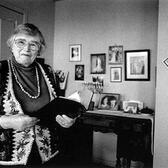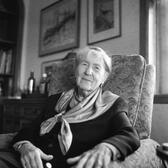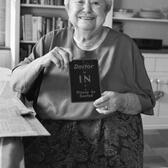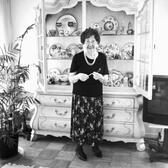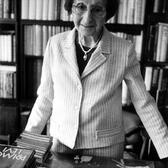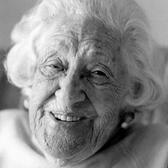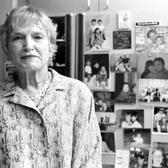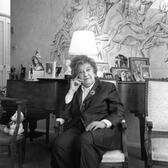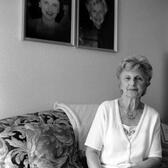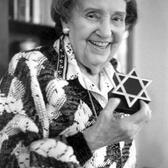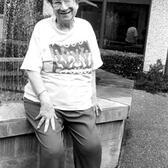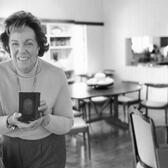Weaving Women's Words
For the Weaving Women’s Words project, JWA conducted oral histories with 60 Jewish women living in Baltimore and Seattle in 2001 and 2002. Born in the early decades of the 20th century, these women lived through political, social, and economic upheaval, as well as dramatic changes in expectations for women and Jews. Doctors and lawyers, teachers and saleswomen, politicians and government workers, homemakers and community volunteers, the narrators reflect the diverse range of backgrounds, affiliations, and choices made by Jewish women who grew up in the shadow of the Great Depression, the Second World War, the Holocaust, and the struggle for a Jewish state. Their life stories inspired exhibitions in Seattle and Baltimore that combined excerpts from the interviews, ethnographic portraits by photographer Joan Roth, and works of contemporary art in a variety of media.
The Weaving Women’s Words oral history project was made possible in part by major grants from the National Endowment for the Humanities, the Brenda Brown Lipitz Rever Foundation, and the Jacob and Hilda Blaustein Foundation, Inc.

